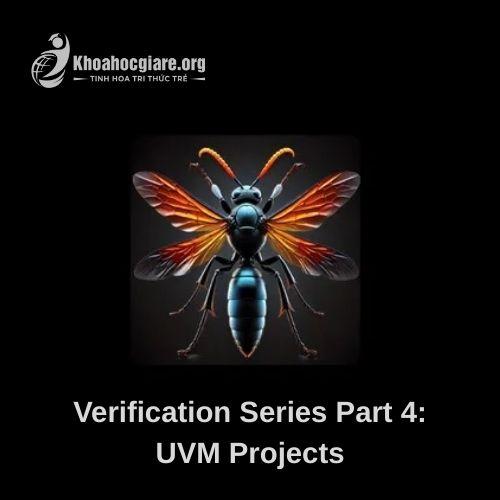Verification Series Part 4: UVM Projects
Step-by-Step Guide from Scratch
As system complexity increases, SystemVerilog alone cannot handle structured verification effectively. That’s why UVM (Universal Verification Methodology) has become the industry-standard framework for RTL design verification. With its reusable and modular structure, UVM helps verification engineers efficiently find critical bugs and build scalable verification environments.
This lab-based course is designed for learners with a basic understanding of UVM. You will gain hands-on experience in verifying commonly used RTLs and FPGA sub-blocks, applying practical coding skills to real-world scenarios.
What you will learn in this course:
Verification of basic circuits:
Verification of communication interfaces:
Clock Generator
UART, SPI, I2C
Verification of bus protocols:
Advanced UVM concepts:
Virtual Sequencer
TLM Analysis FIFO
Sequence Library
Who should take this course?
Engineers involved or interested in RTL verification
FPGA and ASIC design professionals looking to strengthen their UVM project skills
Students or beginners who want to gain practical exposure to UVM coding and projects
By completing this course, you will not only understand UVM fundamentals but also apply them to real-world verification tasks, making you industry-ready for VLSI verification roles.
